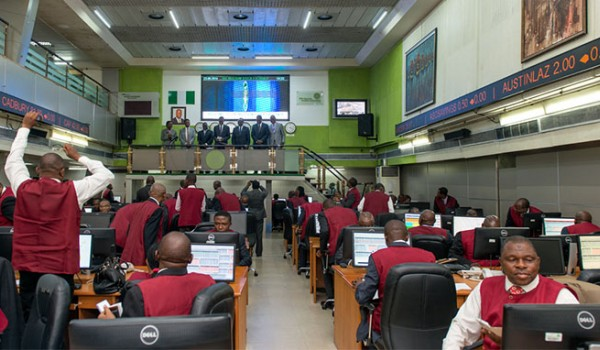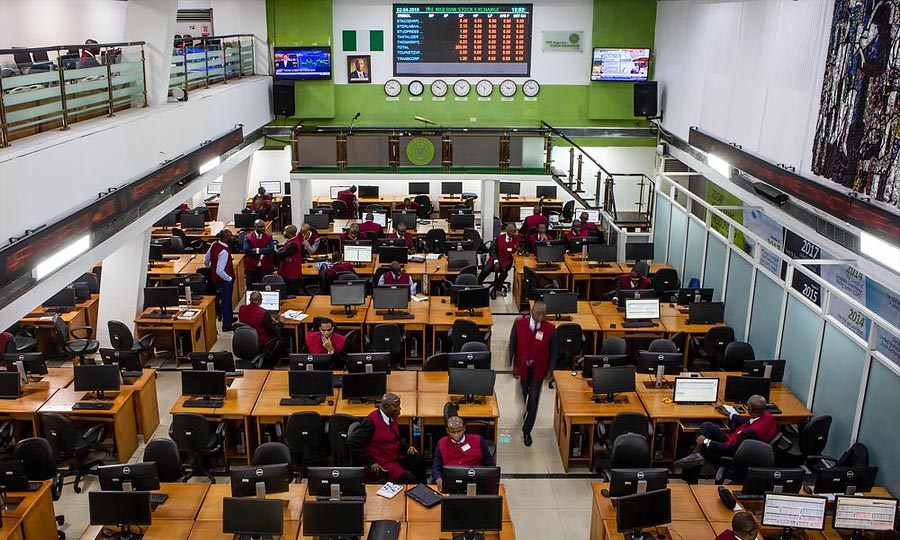Government should define the role of vigilante groups in our community policing system
Last Thursday’s bestial killing in Uromi, Edo State, of 19 hunters has continued to generate national uproar. The victims were reportedly travelling from Port Harcourt to Kano for the end of Ramadan festivities when they were intercepted and burnt to death by local vigilantes after being suspected as kidnappers. Authorities in the country should be concerned by the rate at which mobs dispense this kind of ‘instant and brutal justice’ on suspected kidnappers, robbers, cultists, etc., without restraints. Available reports indicate that more than 500 individuals have fallen victim to such mob justice across the country in the past decade.
We condemn the unmindful killing of these innocent men and urge the police to expedite investigations so as to bring the culprits to justice. We also commiserate with their families. We endorse the actions taken by the Governor of Edo State, Monday Okpebholo, who has visited Kano to reassure the people and douse tension. But the federal government must address the root cause. While we believe that the primary responsibility of a state is the protection of lives and property – a responsibility that is discharged by institutions like the police, the military, paramilitary services and the intelligence community, it becomes worrisome when this sacred duty is outsourced to unregulated and uncoordinated groups as is the case today in many communities across the country.
Indeed, it is obvious that there is a clear connection between the worsening security situation and the emergence and proliferation of vigilante groups. Many communities have resorted to setting up vigilante groups to assist law enforcement agencies who are grossly understaffed and underfunded. And with farming becoming increasingly hazardous in many of our rural communities at a time the nation needs to embrace agriculture not only for food security but also to take many of our young people away from the streets, all relevant authorities must begin to fashion long-term solutions to the security problem that has made our people resort to self-help with dire implications.
No doubt vigilante groups play important roles in protecting communities against violent hoodlums and night marauders. However, some of them carry all manner of arms for which they are not trained. In fact, in most cases, there is nothing to distinguish some of them from armed robbers, and, or kidnappers. This could be a prelude to anarchy if not properly addressed. Their activities must be regulated and their members properly documented. Also, their right to bear arms, even if such arms are locally made, must be critically reviewed with clear guidelines issued by the appropriate authorities. A situation where touts and drug addicts bear arms at night as members of vigilante groups should not be acceptable in any decent society. Not only is it a threat to law abiding citizens, but it is also a serious danger to public peace.
In checking this ugly trend, we could also borrow a leaf from other climes where the existence of neighbourhood watch is basically to serve as the third eye which gives information to the police. In those societies, there is a close synergy between the neighbourhood watch and the security agencies, with the former helping to gather intelligence in areas where the latter lack the required manpower and resources. And on occasions when they assist in nabbing suspected criminals, such suspects are promptly handed over to the police for proper investigation and possible prosecution.
We therefore call on the government to properly define the role of vigilante groups in our community policing system. That should include keeping proper documentation and conducting background checks on their members. We believe that these are some ways the spate of tragic killings by members of vigilante groups could be checked.





